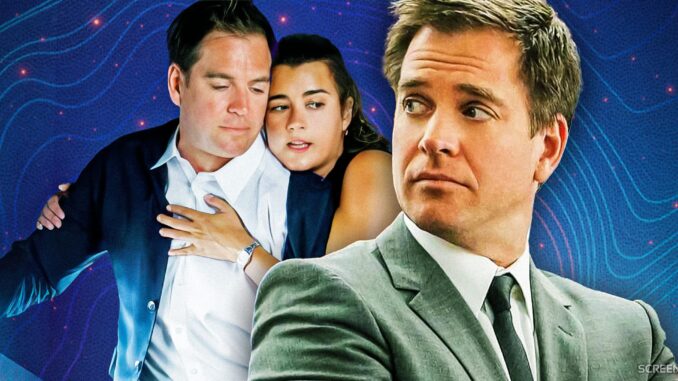
The Shadow of a Smile: Why Fans Say No One Can Replace Tony DiNozzo on NCIS
The world of television is a kaleidoscope of fleeting images and enduring personalities. Characters flicker across our screens, some leaving barely a trace, while others etch themselves indelibly onto the collective consciousness, becoming almost as real as the friends we know. For fans of the long-running procedural NCIS, few characters achieved this level of visceral connection more profoundly than Special Agent Anthony "Tony" DiNozzo Jr., played with effortless charm and simmering depth by Michael Weatherly. His departure from the show in 2016 left a chasm that, for many, remains unfillable. When fans declare, "No one can replace Tony," it’s more than just a lament; it’s a testament to the intricate alchemy of character, actor, and narrative that made DiNozzo utterly unique, and an exploration of the very nature of our attachment to the stories we love.
Tony DiNozzo was a study in delightful contradictions, a character meticulously sculpted over thirteen seasons. On the surface, he was the wisecracking, pop-culture-obsessed goofball, perpetually quoting movies and playfully irritating his colleagues. He was the perpetual class clown, the office heartthrob whose flirtations were as ubiquitous as Gibbs’s head-slaps. But beneath this charming veneer lay layers of loyalty, keen observational skills, and a deeply buried vulnerability. He was the son Gibbs never had, a surrogate family member whose playful irreverence often masked profound respect and affection. He was the other half of the iconic "Tiva" dynamic with Ziva David, a will-they-won't-they romance that transcended mere flirtation, evolving into a bond forged in shared trauma and unspoken longing. Tony wasn't just a character; he was the show's comedic heartbeat, its emotional barometer, and a pivotal piece of its unique ensemble chemistry. To imagine NCIS without him was to imagine a band losing its lead guitarist, vocalist, and chief songwriter all at once – the music might continue, but it would never sound quite the same.
The intensity of the fan sentiment stems from the deeply personal investment viewers make in beloved characters. We don't just watch these individuals; we invite them into our homes, our routines, and our emotional landscapes. We celebrate their triumphs, grieve their losses, and agonize over their choices. Tony’s journey, from a brash former cop to a mature, capable agent and, ultimately, a devoted father, was a narrative arc many fans felt they grew alongside. His departure, therefore, wasn't merely an actor leaving a show; it felt like a friend moving away, leaving a vacant chair at the family dinner table. The declaration that "no one can replace him" isn't a slight against new characters or actors, but rather an articulation of this profound sense of loss, a recognition that the specific blend of humor, pathos, and history Tony brought was irreplaceable by definition.
Indeed, the very notion of "replacement" in a serialized drama is fraught with complexity. When a core character departs, a show doesn't simply slot in a new, interchangeable part. It attempts to rebalance its ecosystem, introduce new dynamics, and find fresh avenues for storytelling. NCIS tried this, bringing in capable agents like Alex Quinn, Nick Torres, and Jacqueline Sloane. These characters brought their own strengths, backstories, and personality quirks. Torres, with his gruff charm and undercover past, offered a different kind of comedic foil. Sloane brought a refreshing maturity and psychological depth. Yet, for many long-time viewers, they weren't replacements for Tony; they were simply new pieces in a different puzzle. It’s akin to trying to recreate a beloved family recipe: you can add new spices, change the proportions, and still make a delicious meal, but it won't be the exact same dish your grandmother made. The essence, the particular flavor profile that Tony provided – the rapid-fire banter, the playful digs at McGee, the unspoken understanding with Gibbs – was unique to him and the specific relationships he forged.
Ultimately, the unwavering belief that no one can replace Tony DiNozzo is a powerful testament to the artistry of character creation and the profound impact fictional personalities can have on our lives. It speaks to the special alchemy that occurs when an actor embodies a role so completely that they become inseparable in the public imagination. It acknowledges that while television series must evolve to survive, some core components leave a void that no amount of new talent, however excellent, can truly fill. Tony wasn't just an agent on NCIS; he was a specific shade in the show's palette, a distinct note in its melody. And while NCIS has continued to find new harmonies, the vibrant, sometimes dissonant, always memorable chord struck by Tony DiNozzo still echoes, a smiling shadow that reminds us of a truly irreplaceable presence.